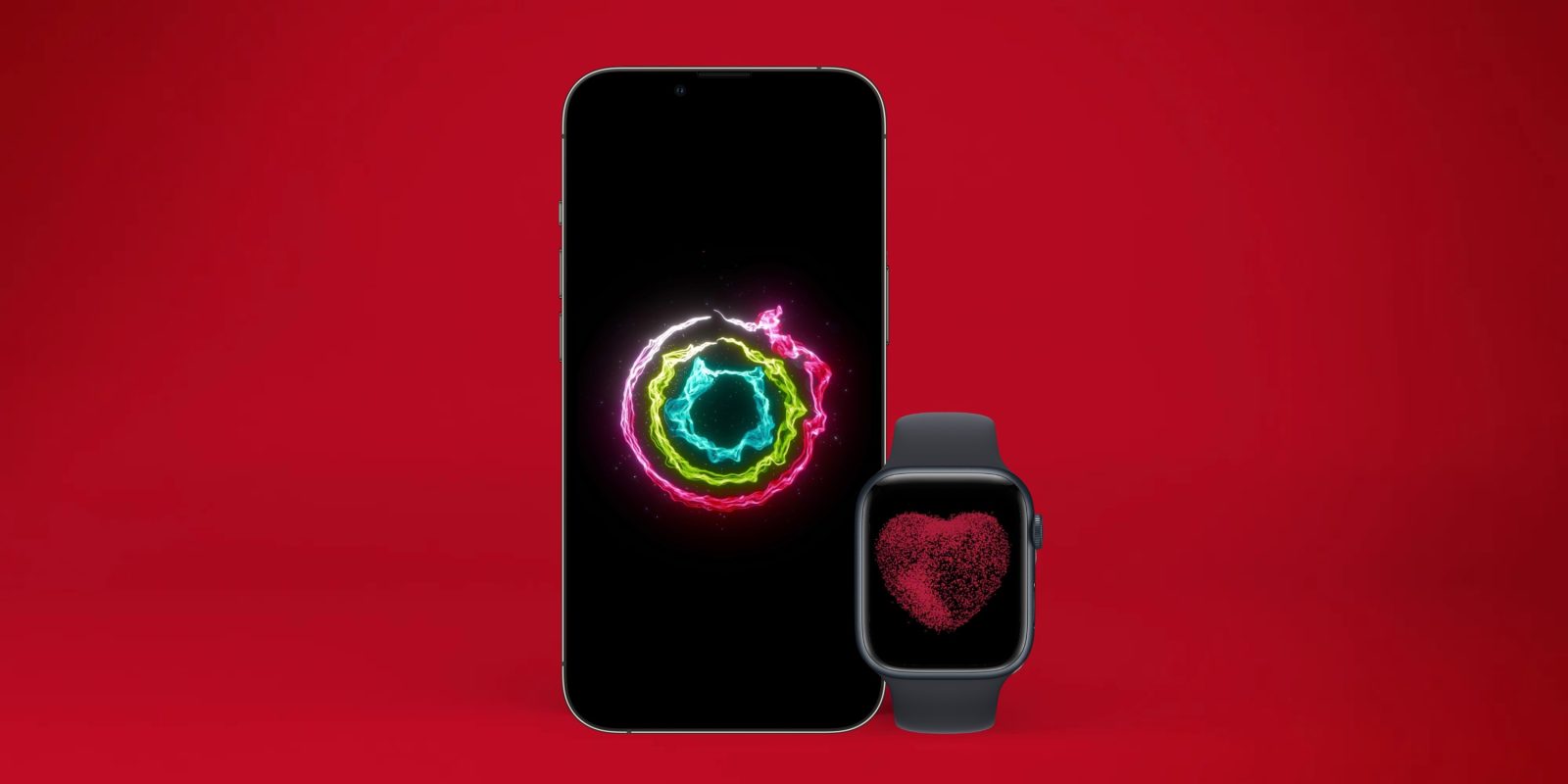
While the Apple Watch is one of the most popular fitness trackers on the market, Apple has always tiptoed around the device’s usefulness as a weight loss tool. A new report from the Washington Post explores recent research that says wearing a fitness tracker like the Apple Watch “doesn’t necessarily give people the motivation to change their behavior.”
Can the Apple Watch make you lose weight? Experts weigh in
The report outlines several different pieces of research on how fitness trackers impact motivation, physical activity, and changes in things like weight and blood pressure. It points to one study that was published in 2016, focused on Fitbit. This study found that Fitbit users “kept up their physical activity a bit better than a control group without them,” but that after a year, “it wasn’t enough to produce changes in weight or blood pressure.”
John Jakicic, who studies obesity and weight regulation at the University of Kansas, told the Washington Post that products like the Apple Watch operate with the assumption that “if you give people information, they’ll do something to change their behavior.” In reality, this isn’t the case over longer periods of time.
“When we’ve given devices to people, it generally doesn’t change their behavior,” he says. “And if it does, it changes it for a very short period of time — maybe about 2 to 3 months, maybe a little longer — before the thing on your wrist finds its way into a drawer or you simply stop paying attention to it.”
Jakicic helped conduct one of the largest controlled studies of tracker tech, published in 2016 out of the University of Pittsburgh. It found that dieting adults who wore a generic activity monitor for 18 months lost less — yes, less — weight than those who did not. The people who wore the devices also generally moved less.
Another theory in the report is that “just the act of measuring your body could change the psychological experience of being active.”
A 2016 study by Jordan Etkin of Duke University found that measurement can undermine the “intrinsic motivation” of activities like going for a walk, and make it feel more like work and decrease continued engagement in the activity. “They can’t give you motivation,” Etkin says.
We still don’t understand how they impact people in different ways. Some people with trackers get energized by competing with friends and family members to move the most. But for others, seeing their watch report that they have had a lazy day can contribute to self-sabotage. A 2017 study of adolescents found that trackers negatively added to peer pressure and were demoralizing.

Also cited in the report is Matt Buman of Arizona State University:
The gadgets alone “don’t provide that additional support needed for long-term, sustained behavior change — things like social support or goal setting, demonstration of behaviors by other people that are like you and action planning.”
Gary Foster, chief scientific officer at WeightWatchers, said that around 40% of its members use fitness trackers for exercise data. The company, however, hasn’t seen a link between that use and weight-loss outcome.
What it can say, Foster told me, is that wearing a tracker makes the work of staying on top of your exercise easier.
But a fitness gadget still can’t automate what Foster considers most important data in weight loss: what you eat.
Bottom line, Foster says: “Tracking your activity is going to have little or no effect without this surround-sound support of what to do with that information.”
In response to this story, Apple told the Washington Post that it “does not track research about weight loss because that is not the focus of the Apple Watch.” It did, however, cite a 2018 study that found people who were rewarded for meeting certain goals with their Apple Watch “had a 34 percent average increase of tracked activity days per month, and that persisted after the end of the program.”
9to5Mac’s Take
This story from the Washington Post does a good job of rounding up several different perspectives and studies in this area, but it’s clear that we need more research on these topics. Apple Watch has been on the market since 2015, but that’s not very long by academia and medical research standards.
Top comment by Graham Jones
I don’t think Apple ever said it would make you lose weight on its own. It’s an aid for someone who is actively trying to lose weight. At least, that was my experience with it. It’s motivational, and it allows you to track what your activities and some vitals. I found that helpful to stay in control, but monitoring intake and nutrition are also important when seeking to shed some pounds. That’s just a fact.
Fitness is also only one factor in a person’s overall health. Apple Watch focuses primarily on fitness tracking, which means it’s not the only reason a person’s health might improve or decline over time. Apple’s Health app aims to aggregate a bigger-picture view of your health, bringing in data on the numerous other factors that contribute to your health other than fitness.
With that said, I do have several issues with how the Apple Watch tackles fitness tracking. The focus on calories, in particular, is something that I think should change. Research has already proven that these types of calorie estimates are largely inaccurate and misleading.
The Apple Watch also lacks any sort of built-in “rest day” or “readiness” features. In my personal experience, this omission is one of the biggest factors in eventually abandoning fitness goals. If you’ve closed your rings for 7 days in a row, the Apple Watch should be smart enough to suggest you take a recovery day. Instead, it nags you to keep going without any context.
The biggest thing, however, is the fact that Apple hasn’t made any changes to the rings-based system since 2015. The system doesn’t need to be completely scrapped, but there are ways to rethink certain aspects of the system. After all, it’s been nearly a decade since the Apple Watch was first unveiled.
FTC: We use income earning auto affiliate links. More.

Comments